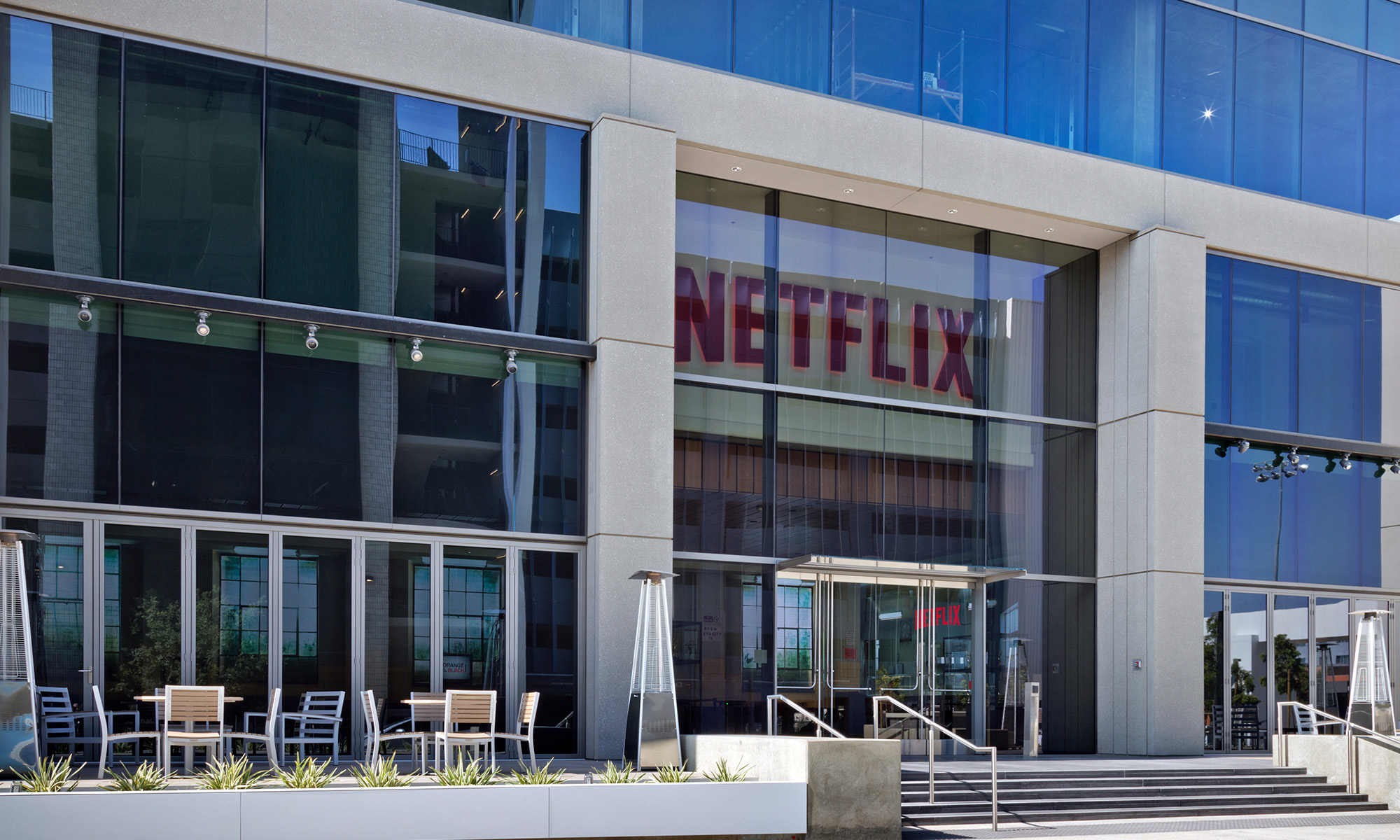Most investors understand there's no actual mathematical benefit to a stock split. In the same sense that holding two $10 bills is the equivalent to holding one $20 bill, doubling the number of a company's outstanding shares simply cuts the value of those shares in half -- no net value is created in the process, no matter how many new shares are issued.
As most veteran investors can attest, however, there's still a beneficial bullish buzz surrounding most stocks before, during, and after a split. Indeed, even if it's only a temporary boost, researchers with Bank of America note that stocks gain an average of about twice that of the broad market over the course of the 12 months following a split. Clearly, investors like the unspoken implications of such a move!
Be careful of jumping to sweeping conclusions about these average results, though. Like any other mathematical-mean figure, it can be made up of a wide range of inputs, some of which are at the extreme opposite end of the spectrum as the average number itself.
In other words, a stock split alone doesn't guarantee a bullish performance. The underlying company must still be worth owning. If it isn't, its ticker is still a bad bet.
With that as the backdrop, here's a closer look at two different companies, one of which will soon be undergoing a confirmed stock split, and the other which may soon make such an announcement. One's worth buying, while the other one is arguably best left avoided.
Buy: Netflix
Streaming giant Netflix (NFLX 2.15%) hasn't made any official indication that a stock split is in the works, for the record. But there are a couple of good reasons to expect one soon.
The first of these reasons is the fact that the last time the company's stock neared the price of $1,000 -- where it is now -- management felt compelled to initiate a 7-for-1 split. Such a frothy price point makes it a logistically complicated name for some institutions to buy and hold, as well as makes it downright unapproachable for the typical individual investor to step into. Since no company wants to stymie interest in its own stock, Netflix is likely to address this potential problem before it becomes one.
And the second reason a stock split could be in the works? CEO Reed Hastings recently suggested he's aiming for a trillion-dollar market cap as soon as 2030. That would mean a doubling of the company's current market value, or doubling the stock's already-frothy price to nearly $2,400 per share, thus making its current approachability problem even bigger.

NASDAQ: NFLX
Key Data Points
A potentially impending split isn't the only reason to dive into Netflix stock here, however, or perhaps even the top reason. There's a bigger and better bullish argument for buying a stake in this streaming titan at this time. Simply put, the streaming industry is at a turning point, and Netflix is coming out of this turn as a clear leader.
Think about it. Just within the past few months, Walt Disney has arranged to offload its Hulu service onto FuboTV. Meanwhile, Apple is reportedly increasingly frustrated that its Apple TV+ service is reportedly still losing a ton of money, while a handful of less-popular streaming services like AMC Networks and even Disney's ESPN+ and aforementioned Hulu are losing paying subscribers.
These are all signs that most U.S. households (which is the industry's most important market) are tightening up their streaming budgets, suggesting a saturation and maturation of the streaming market. Underscoring this argument are numbers from Reviews.org indicating that Americans households spent 23% less on streaming services in 2024 than they did in 2023, mostly because they've got access to more content than they can feasibly consume -- a trend confirmed by Xperi-owned TiVo in its Q4-2024 Video Trends Report.

Image source: Getty Images.
At first blush, this seems problematic for Netflix. It's not, though. See, Netflix has become such a dominant name within the premium video-on-demand business that it's almost become synonymous with it. If domestic consumers subscribe to any streaming services, it's first and foremost apt to be Netflix. It's also the one service they're least likely to cancel, with its consistent industry-low churn rate of less than 2%, according to industry research outfit Antenna.
Connect the dots. Netflix is cementing itself as the centerpiece of most peoples' streaming services. It may well reach that trillion-dollar market cap mark within the next five years as its competitors start scaling back their spending and start playing more defense.
Avoid: Coca-Cola Consolidated
Stock splits can't save every ticker, though. Enter Coca-Cola Consolidated (COKE 2.66%), which has not only recently announced a stock split, but has recently completed one. On Tuesday, May 27, its shares split on a 10-for-1 basis, dialing their price back from more than $1,000 apiece to just over $100 now.
This isn't the Coca-Cola Company you likely hear so much about, to be clear... the one Warren Buffett's Berkshire Hathaway has been sitting on for years now. That Coca-Cola only manages and markets the company's brand names you know, selling concentrated flavor syrups to authorized bottlers. Coca-Cola Consolidated is one of these third-party partners. It's the United States' single-biggest Coke bottler, in fact.

NASDAQ: COKE
Key Data Points
At first blush, a partnership with the world's best-known beverage name seems like a boon, and in many ways, it is. These agreements aren't everything they're cracked up to be, though. Namely, this arrangement offloads a great deal of the cost-based risk of the business to the bottlers themselves; the Coca-Cola Company's collecting its high-margin royalties for each bottle of beverage sold under its labels, no matter how much the bottler was required to spend producing and delivering it.
That leaves all bottlers like this one vulnerable to inflation, and its impact on consumer spending. And we're seeing this impact now. Following 2024's brewing fiscal headwind, business took a clear turn for the worse during the first quarter of this year. Revenue fell just a bit, but total volume fell 6.6% year over year; price increases are finally doing more harm than good. Net income slipped by about a third. It's not like the circumstances behind this weakness are now abating, either.
Dividends could help bolster the bullish argument, but in this case, there's not enough dividend income to matter. This stock's forward-looking dividend yield currently stands at less than 1%, and unlike The Coca-Cola Company itself, Coca-Cola Consolidated's yearly per-share dividend payment is inconsistent even if it's been upped tremendously since early 2023.
It's not the worst stock in the world, to be fair, with or without its split. There are just too many other more compelling investments to bother diving into this one.





